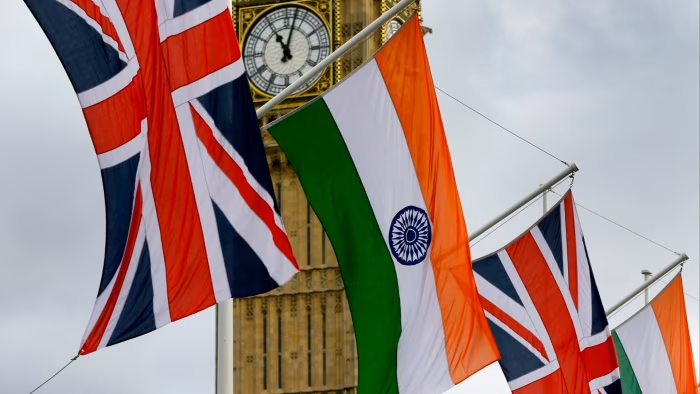
In a landmark move, the United Kingdom and India have finalized a comprehensive free trade agreement, marking a significant post-Brexit achievement. This deal, concluded after over three years of negotiations, is poised to boost the UK economy by £4.8 billion annually by 2040 and enhance bilateral trade by £25.5 billion.
A central feature of the agreement is the substantial reduction in tariffs on British car exports to India. Currently, India imposes tariffs exceeding 100% on imported vehicles. Under the new deal, these tariffs will decrease to 10% over a decade, significantly improving the competitiveness of UK-made cars in the Indian market.
The automotive sector stands to gain considerably, with luxury car manufacturers like Jaguar Land Rover, which already have a presence in India, expected to benefit from increased demand due to more affordable pricing. Additionally, the agreement includes provisions for improved customs procedures and specific visa allowances for Indian professionals, fostering greater collaboration between the two nations.
While the deal has been lauded for its economic potential, it has also faced criticism over certain aspects, such as the exemption from national insurance contributions for Indian workers temporarily seconded to the UK. However, government officials defend these provisions as standard international practice.
Overall, this trade agreement represents a significant step forward in UK-India relations, opening new avenues for trade and investment, particularly in the automotive sector.